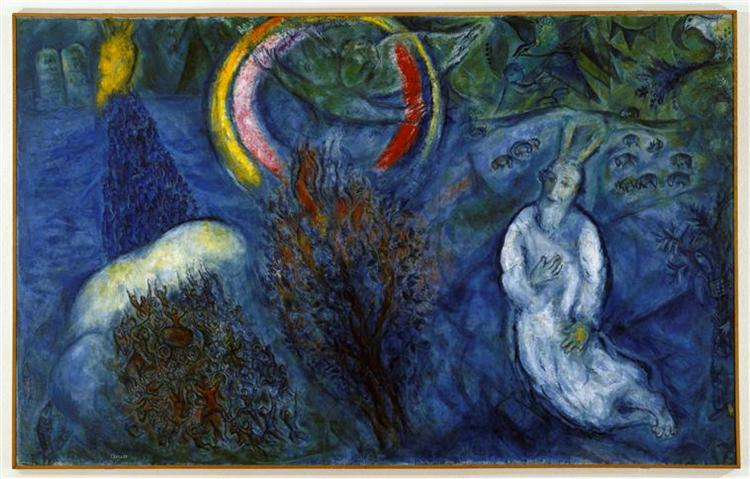Note: If you wish to receive, via e-mail, (1) my weekly newsletter or (2) daily copies of these posts, write to me at rrbates1951@gmail.com. Comments may also be sent to this address. I promise not to share your e-mail with anyone. To unsubscribe, write here as well.
Sunday – Looking Ahead to Passover
In anticipation of the Passover holidays, which begin tomorrow, I’ve been reading Chaya Lester’s “Lit”—Poetry for the Jewish Holidays. According to her website, Lester is a clinical psychologist and co-director of Jerusalem’s Shalev Center for Jewish Personal Growth, as well as one who has explored “Experiential Torah Learning.”
According to Lester in “Lit” (which you can find here),
The Hebrew name for Passover is Pe-Sach, which is symbolically read as Peh Sach – the mouth that speaks. Indeed, on Seder night the retelling of the story of our people’s enslavement is nothing short of a national therapeutic ritual. Psychology has shown us the necessity of using speech and expression to best process through the pains and traumas of our lives. Our yearly processing through re-telling has been an essential path of healing and empowerment for our people over millennia. At the same time, Seder night also offers us a ritual space for processing through our personal enslavements. Speech is the ideal vehicle for generating our personal freedom in tandem with the national freedom tale.
With that in mind, here’s a poem about the incident that started the ball rolling—which is to say God addressing Moses as a burning bush. If you need reminding, here’s the account in Exodus:
There the angel of the Lord appeared to him in flames of fire from within a bush. Moses saw that though the bush was on fire it did not burn up. So Moses thought, “I will go over and see this strange sight—why the bush does not burn up.”
And then the instructions:
The Lord said, “I have indeed seen the misery of my people in Egypt. I have heard them crying out because of their slave drivers, and I am concerned about their suffering. So I have come down to rescue them from the hand of the Egyptians and to bring them up out of that land into a good and spacious land, a land flowing with milk and honey—the home of the Canaanites, Hittites, Amorites, Perizzites, Hivites and Jebusites. And now the cry of the Israelites has reached me, and I have seen the way the Egyptians are oppressing them. So now, go. I am sending you to Pharaoh to bring my people the Israelites out of Egypt.”
In “Hear the Call,” the poet says that the bush will speak to all of us who “simply NOTICE.” If we step aside from our “daily grind,” we will “notice the quiet light that burns inside.” But the daily grind in this case may be trauma that we have surrendered to. As Lester observes, “We can endure most anything we set our souls to.”
If, as Lester goes on to say, we are the “sacred bush of paradox and calling,” the paradox may be that our trauma–that which sears our leaves–also calls us to freedom. Perhaps thinking of people trapped (like the Israelites) in abusive relationships, Lester assures us that we “need not be consumed by life’s smoky plumes.” Rather, when we hear the call, we can “be prepared to leave.”
Hear the Call
They say that the bush burned
not only for Moses
but for anyone
who would simply
NOTICE.
Simply step aside
from their daily grind
and notice
the quiet light
that burns inside.
And know this:
We need not be consumed
by life’s smoky plumes.
We can endure most anything
we set our souls to.
For we are the sacred brush
of paradox and calling.
Sit with the things that sear
your leaves
and when you hear the call –
be prepared
to leave.


